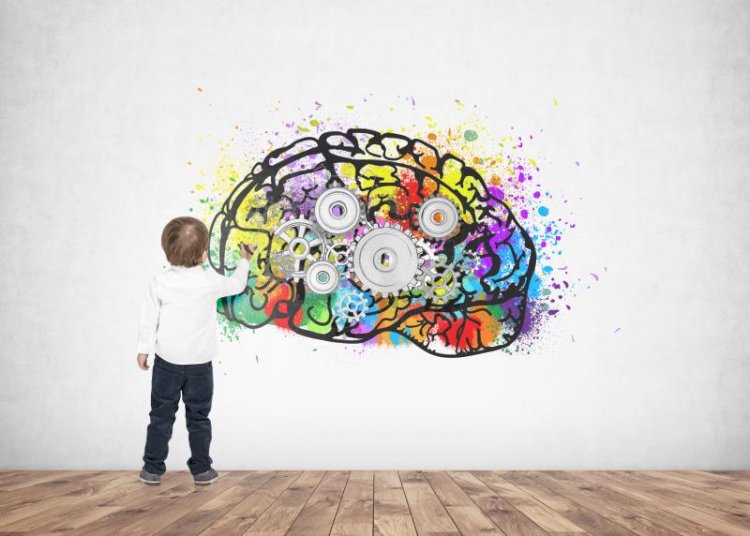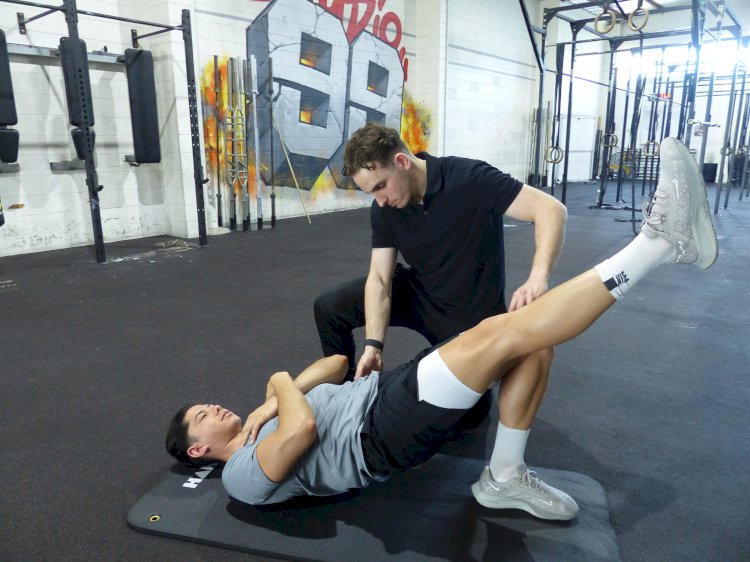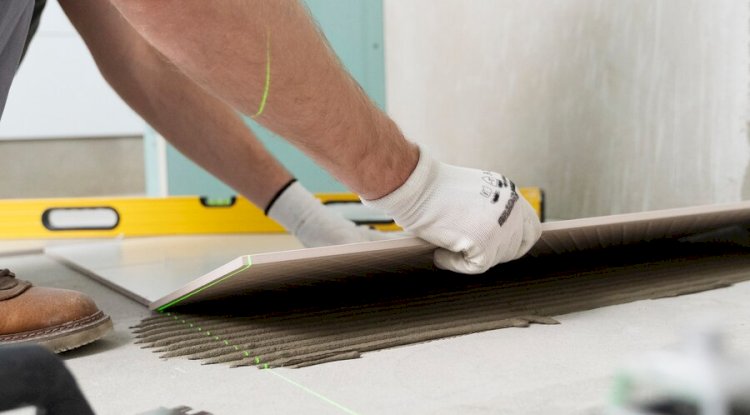Need to Know that What is Neurodevelopment ?
Quite simply, neurodevelopment is defined as the development of the nervous system.

Quite simply, neurodevelopment is defined as the development of the nervous system. The nervous system comprises the Central Nervous System- the brain and spinal cord, and the Peripheral Nervous System- the nerves that send and receive messages between the spinal cord and body.
A baby’s brain, the most immature organ at birth, continues developing as higher brain centers integrate primitive reflexes (e.g. startle and suckle) and establish postural reflexes (for movement, balance, and coordination) as a baby grows into a child.
Most parents are aware of developmental milestones. These are tracked closely in the first few years of life in a child’s “Blue Book” and are mostly assessed by your local Maternal and Child Health Nurse.
In their first few years, almost all children learn to move, balance, speak, understand stories like roadies Story, and read emotions. They go on to master more complex tasks like reading, music, and understanding themselves. During a child’s early years, some children don’t progress according to developmental milestones, with delays in learning, socialization, and motor coordination limiting their potential. Nearly 20 percent of children starting school do so with some form of neurodevelopmental delay. In fact, a 2010 study into neurodevelopment of gross motor skills and cognitive function, showed that gross motor skill development is a significant predictor of cognitive function.
A child’s poor motor skill development and coordination can result from poor spine alignment as a result of the birth process or other small traumas that may occur early in life. Chiropractors are trained in the detection of poor spine alignment (subluxation) as well as the windows in which milestones should be reached.
Great Tips for Parents:
Encourage ‘tummy time’ which develops the baby’s posterior neck muscles, and fires strong neurological feedback in the brain stem (needed to stimulate normal development). A great time for this is at nappy change time. Try using a rattle, book or your face to help your little one hold their head up.
Forward and backward rocking while on the tummy can be another helpful exercise. This can be done by lying the baby on the tummy in the pram and rocking, or by holding your baby firmly on a large exercise ball and rocking. This is a great way to stimulate the vestibular system which is essential for good balance and coordination.
Develop cross coordination movements with activities such as marching while lying down (with straight arms and legs), swimming, and providing clear areas on the floor to encourage crawling.
Massage both hands and feet for a few minutes several times a day.
For older children, drumming while using two-handed patterns, playing at the park, encouraging swinging, spinning, and crawling games.
We encourage you to bring your baby or child into a chiropractor to assess their full spinal health and help maximize their development toward full potential. Find top rehab centers in the US are very proficient in the assessment and correction of the spinal problems that affect babies and children. In fact, it is our passion!
Share
What's Your Reaction?
 Like
1
Like
1
 Dislike
0
Dislike
0
 Love
0
Love
0
 Funny
0
Funny
0
 Angry
0
Angry
0
 Sad
0
Sad
0
 Wow
0
Wow
0















